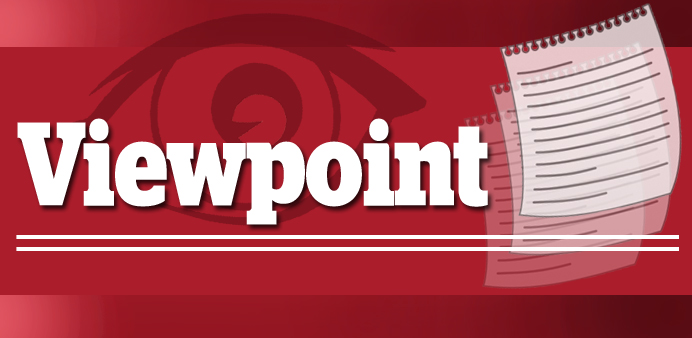Last month’s historic nuclear agreement with world powers seems to have added wings to Iran’s grant oil ambitions. Tehran now sounds quite confident of boosting its oil production by 500,000 bpd in a week after sanctions end; and by 1mn bpd in one month, Oil Minister Bijan Namdar Zanganeh has said.
There are growing concerns that the Iran oil return will put the already over-supplied global market and prices under further pressure.
Iran’s proven oil reserves of 160bn barrels, close to 10% of the world total, rank it fourth after Venezuela (300bn barrels), Saudi Arabia (265bn barrels) and Canada (175bn barrels), according to BP. The country also has the world’s largest proven gas reserves of almost 34tn cu m (18% of the global total), putting it ahead of Russia (17%) and Qatar (13%).
Iran’s exports declined to 1.4mn bpd on average last year due to sanctions, according to US Energy Information Administration. This compares with 2.6mn bpd in 2011 before sanctions.
Crude’s recovery, from a six-year low earlier this year, has faltered as leading members of the Organisation of Petroleum Exporting Countries (Opec) pump at record levels to defend market share amid a supply surplus. Brent crude, the global benchmark, fell about 50% last year. The US gauge WTI and Brent fell around 20% and 17% respectively last month.
The nuclear deal euphoria has prompted such global majors as BP and Royal Dutch Shell to express keen interest in developing Iran’s reserves.
Despite Iran’s ambitious production targets, the country wouldn’t just gate crash into the global oil market to reclaim its “lost share”. Decades of sanctions have brought Iran’s energy its industry to its knees and the country lacks modern technology to increase production at short notice. Banks including Citigroup and Goldman Sachs Group have predicted global oil markets won’t feel the impact of Iran’s return until 2016 as sanctions remain in place, while nuclear inspectors go to work.
The nuclear deal is not yet a foregone conclusion. President Barack Obama is facing a tougher than expected fight with Congress to sustain the deal. The Democratic frontrunner in the 2016 presidential race Hillary Clinton has publicaly said she doesn’t trust Iran vis-à-vis a traditional hawkish stand of the Republicans on Tehran.
How will the eventual supply increase from Iran reflect on Opec’s production quotas? The producer group, which does not meet again until December 4, is mindful of the possibility that Iran is all set to open up its oil spigots with a vengeance. But Opec hasn’t yet spelt out a clear plan to face the situation.
Opec is betting that higher demand next year may help the market absorb extra crude volumes. But 2016 will be a tough year for the producer group and it’s high time the influential oil alliance devised a strategy to deal with the Iran oil return.

